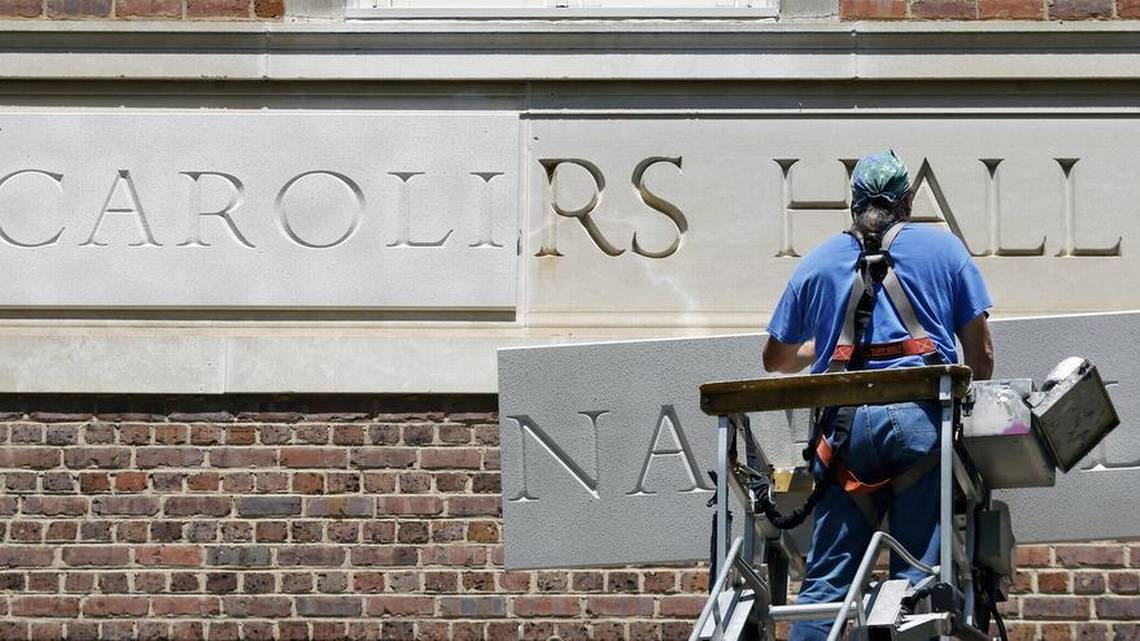Dear Scholars,
As you know, there is much research into the University’s history unfolding this year (of which this class is a part!). To stay on top of the latest work, I encourage you to attend at least one of the following sessions over the next several weeks:
- March 3, 6–7:30 p.m., Brown-Alley Room, Weinstein Hall, when as part of History Week, the Westhampton and Richmond College student governments are hosting a moderated panel on the history of this land and institutional history. The evening will include a brief presentation of the burial ground research by Ms. Driskill and Dr. Lee, along with updates on ongoing institutional history work.
- March 17, noon–1 p.m., Think Tank, Tyler Haynes Commons, the CCE is hosting a lunch and learn. Bring a lunch and hear a brief summary of the research and engage in a discussion with the researchers.
- March 24, 5 p.m., Richmond Room, Heilman Dining Center, the School of Professional and Continuing Studies is hosting a full-length presentation of the research and Q and A session.
I will continue to update you as news of more events surface!
